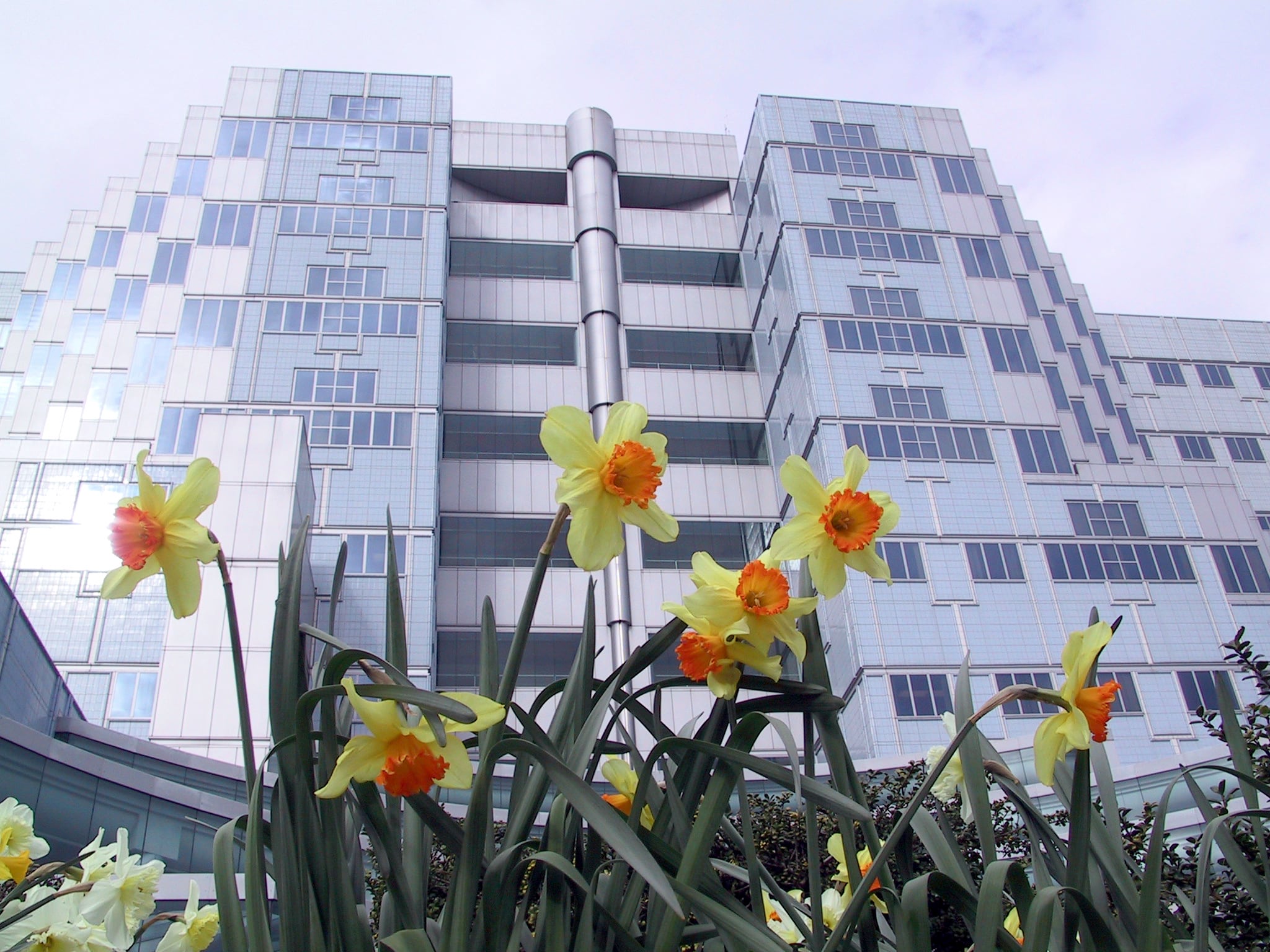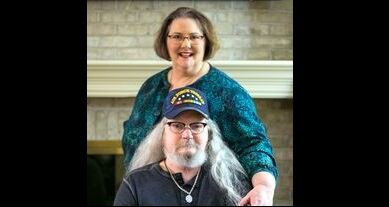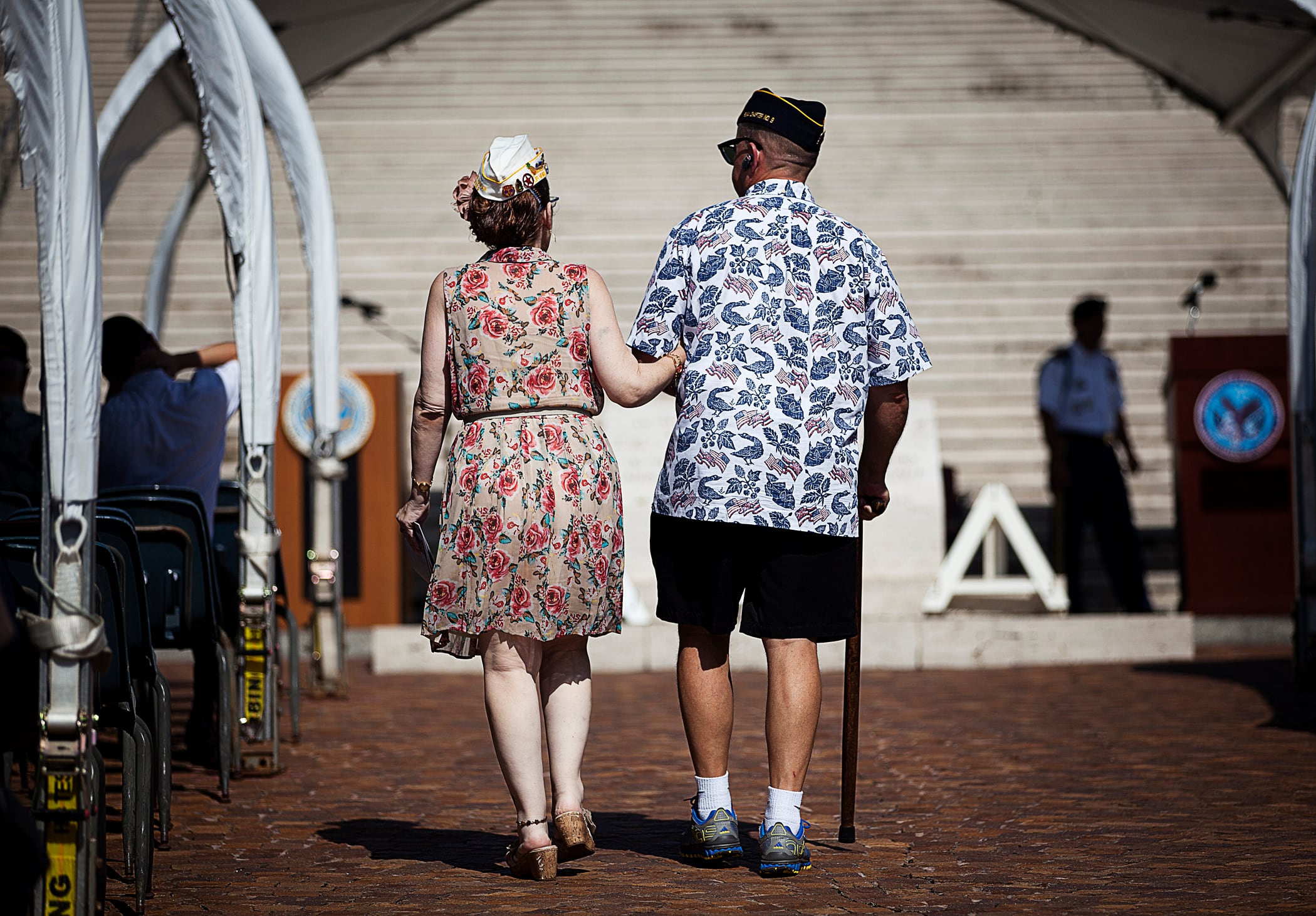Tens of thousands of caregivers providing critical medical support to disabled veterans will be eligible to receive coronavirus vaccine doses soon under a new policy announced by the Department of Veterans Affairs this week.
The move comes after a coalition of veterans groups lobbied for the caregivers to be pushed to the top of the vaccine list, arguing that they deserved to be included in the first wave of medical professionals being protected against the deadly illness.
In response, Dr. Richard Stone, executive in charge of the Veterans Health Administration, released a memo this week asserting that individuals registered with the department’s Program of Comprehensive Assistance for Family Caregivers can be given the vaccine “in a coordinated manner with the veterans for whom they provide care.”
RELATED

Specifics on an exact timeline for vaccinations was not released. The memo states that decisions will be made “in balance with site-specific resources, needs, vaccine availability, hesitancy to accept the vaccine, and status of the pandemic locally.
In an interview with Military Times, Stone said that he is shifting many of those vaccination decisions to local officials, in an effort to provide coverage to more individuals.
“We need to leave it up to people at the besides, to make sure they are making the best decisions for veterans,” he said. “When someone brings a veteran in to give them the vaccine, they can easily identify what the other needs are.”
For caregivers like Jennie Beller, the news is welcome relief.
Her husband, Chuck, is a 68-year-old disabled Vietnam veteran who is expected to receive the coronavirus vaccine in coming weeks. Beller said health officials were planning to travel to their Indianapolis home to administer the dose, but were only authorized to bring medicine for him, not her.
“I’m his only caregiver. If I get sick, there is no one to give him help,” said Beller, 58.
“This is an enormous relief to us. It was going to be a nightmare trying to figure out the logistics of us getting separate vaccines, potentially months apart from each other. Now we don’t have to worry about that.”

About 20,000 veterans are registered in the VA caregivers program, which provides monthly stipends and other support to individuals providing regular medical assistance to infirm veterans.
Most of that group are family members of post-9/11 veterans. The caregiver assistance program expanded last fall to veterans who served before May 1975. Beller was among the first to be included in that new group. The program is set to expand to all veterans in late 2022.
Last week, a coalition of veterans groups including The Independence Fund, Military Order of the Purple Heart, and the Non Commissioned Officers Association sent a letter to Federal Emergency Management Agency officials asking them to authorize VA to administer the caregiver vaccines, under its role as the lead coordinator of federal response to the pandemic.
But VA officials in this week’s memo argue they have the ability to move without that specific bureaucratic step, saying the caregiver program authorities allow them to provide such services in an effort to better protect and serve veterans.
“The laws and regulations on this issue are very complex,” said Bob Carey, executive vice president for advocacy and strategy at The Independence Fund. “It’s not easy to navigate the various authorities and processes available to make this happen. But the VHA team leading this vaccine effort were dogged in finding a solution.”
Stone said as of Wednesday, VA officials had administered the first dose of the two-part vaccine to more than 332,000 department health care employees and veterans at high-risk of contracting coronavirus. Another 45,000 individuals have already received their second dose.
RELATED

Vaccines have been distributed to more 195 department facilities, but health officials have warned that it could be months before they can administer the more than 7 million vaccines they expect to be requested by veterans and staff.
More than 180,000 patients connected to the Veterans Health System have contracted coronavirus since the start of the pandemic, and more than 7,500 have died from complications related to the illness.
Beller said she hopes to get doses for her and her husband as soon as possible.
“We’ve been doing everything we can since this started,” she said. “And when he gets the call to go ahead, we’ll get (the vaccine) right away.”
Leo covers Congress, Veterans Affairs and the White House for Military Times. He has covered Washington, D.C. since 2004, focusing on military personnel and veterans policies. His work has earned numerous honors, including a 2009 Polk award, a 2010 National Headliner Award, the IAVA Leadership in Journalism award and the VFW News Media award.









